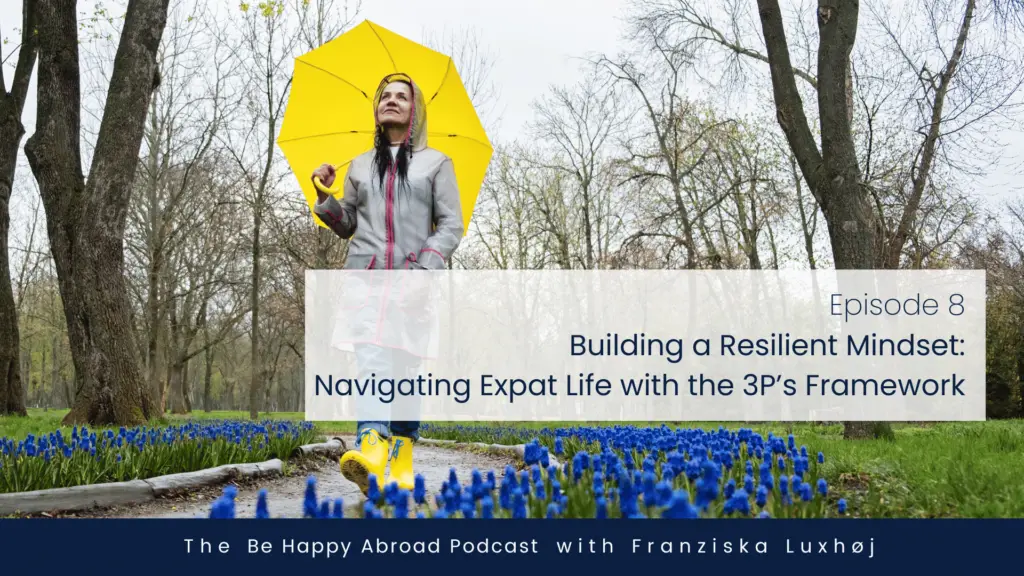
The journey of resilience and positive psychology often leads us to the doorsteps of self-awareness and understanding. Martin Seligman, the pioneer of Positive Psychology, introduced a compelling concept known as the 3P’s of resilience, a framework that shapes our individual explanatory style. But what exactly is an explanatory style? It’s essentially how we interpret life events, particularly how we talk to ourselves about these occurrences. This internal dialogue significantly impacts our life experiences, either supporting us or causing us to stumble.
Listen to the full episode here
Or on your favourite platform
Personalization: Internal vs. External Attribution
Internalization involves taking events personally, often blaming oneself for negative outcomes. For example, facing job rejections and thinking, “I’m just not good enough.”
Externalization means attributing outcomes to external factors, like believing a job rejection is solely due to an unfair recruiter.
Reflecting on where you fall on this spectrum can provide valuable insights into your explanatory style.
Permanence: Viewing Situations as Changeable or Unchangeable
Stable Perspective: Believing that a situation, especially a negative one, won’t change can lead to a sense of paralysis and demotivation.
Unstable Perspective: This involves seeing opportunities for change and improvement, fostering hope and ongoing effort.
Pervasiveness: Global vs. Specific Impact
Global Perspective: Viewing a negative event as affecting every aspect of life, leading to overarching dissatisfaction.
Specific Perspective: Recognizing that certain life areas may be challenging, while others remain positive, maintaining a balanced view of one’s life.
Practical Application: Shifting Your Explanatory Style
To foster resilience, it’s crucial to understand your default explanatory style and how it shapes your experiences. This awareness isn’t about shirking responsibility or indulging in unrealistic optimism; it’s about realistic, balanced self-reflection.
Steps to Enhance Self-Awareness and Resilience
- Reflect on Past Events: Consider recent emotionally impacting events in your life, categorizing them as positive or negative.
- Personalization Questions: Ask yourself about your role in these events and what other factors might have contributed to the outcomes.
- Permanence Reflection: Challenge thoughts of permanence by recalling past difficulties that resolved over time. Identify your role in those changes.
- Pervasiveness Perspective: Acknowledge the positives in your life, even amidst challenges. Focus on what’s working well and what you appreciate about your current situation.
The Path to Building Resilience
Understanding your explanatory style is a vital step in navigating life’s challenges more effectively. This self-awareness leads to a clearer understanding of how thoughts, beliefs, and mindsets shape experiences. It’s a journey toward adapting positively, building resilience, and bouncing back quicker from life’s hurdles.
Offer for Personal Growth: If you’re seeking to uncover your explanatory style and build resilience, consider scheduling a complimentary session to explore this further together. Embracing the 3P’s of resilience can be a transformative step in your journey of personal growth and adaptation.


